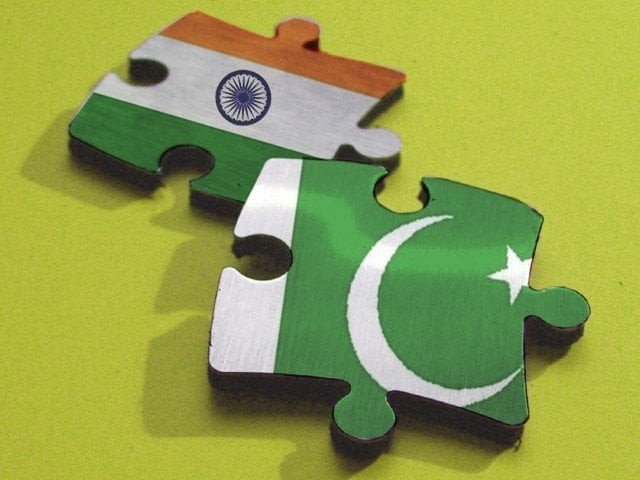Reviving backdoor diplomacy
With a new govt, this is the right time to revise the "perpetual enmity with India" as an unstated policy.

Given the troubled history of Indo-Pakistan relations, backdoor diplomacy is a feasible route to be adopted. PHOTO: FILE

Prime Minister Nawaz Sharif is committed to securing peace and boosting trade with India. However, he faces a formidable baggage of history and the national security paradigm that sees the Indian threat as the gravest facing the country. Taking charge of foreign and security policies is a medium- to long-term objective for the civilian rulers of Pakistan. Indo-Pakistan engagement is also dogged by cyclical events and the menace of terrorism, which brings official parleys to a halt. Hence, back channel communications are also an insurance strategy for the peace process to move forward. There are hawks on the Indian side, too. In fact, there is a lack of consensus within India on a Pakistan policy. The former remains hostage to minor and major issues of terrorism, media hype and public opinion. As India moves to a general election within a year, it would be wise to keep the talks low-key and not raise expectations on both sides.
Pakistan’s security is now dependent on its economic progress and political stability. Normalisation of ties with India and increased regional trade are essential for its growth. Pakistan’s military has time and again acknowledged that the internal threats to the country need to be tackled on an urgent basis. With a new government in Islamabad, perhaps this is the right time to rethink our security policy and revise the “perpetual enmity with India” as an unstated policy goal. We wish all luck to the backdoor diplomacy efforts.
Published in The Express Tribune, June 28th, 2013.
Like Opinion & Editorial on Facebook, follow @ETOpEd on Twitter to receive all updates on all our daily pieces.














COMMENTS
Comments are moderated and generally will be posted if they are on-topic and not abusive.
For more information, please see our Comments FAQ